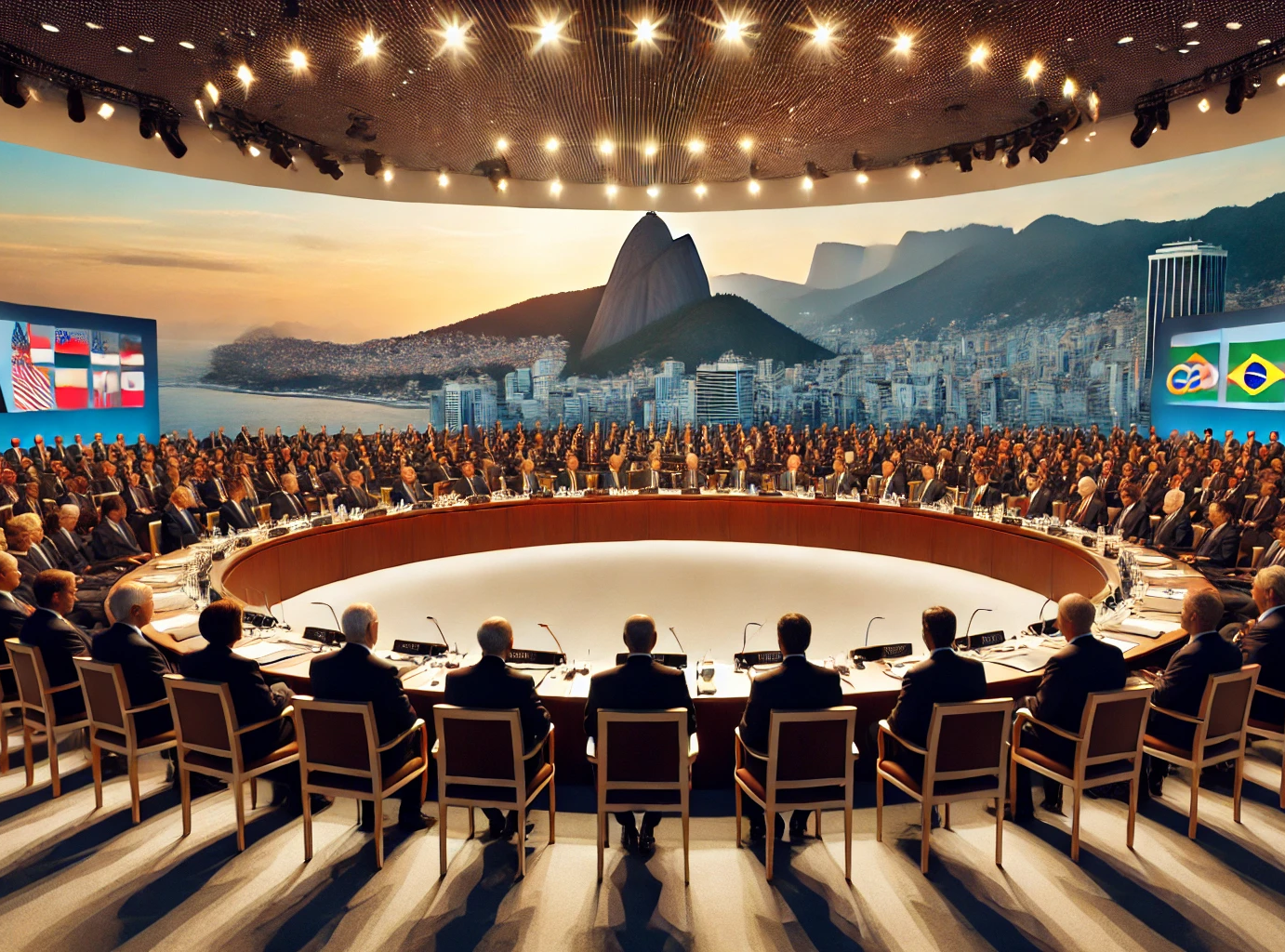The Trump/Tony Stark effect
The two politically incorrect questions that the rest of the world cannot avoid

Article by Vision Team
The re-election of Donald Trump as President, while controversial, brings to the forefront long-avoided questions on the effectiveness of global organizations, starting with the United Nations, which increasingly seem outdated in the face of today’s global challenges. Are these institutions capable of structural reform, or are they bound to remain limited in their impact? For Europe, is it feasible to move forward without the unanimous agreement of all 27 member states, especially on issues like the common defense policy that has been debated for over 70 years?
Trump has never hidden his disdain for consensus-based international organizations that require all parties to sit at the same table and reach agreements unanimously. This highlights a real issue: the growing need to restructure global governance. The urgency of this issue was evident long before the recent elections, as global challenges outpace the capacity of existing institutions to respond effectively.
These are questions anyone studying the phenomena that connect globalization to everyday life should consider. These are the issues Vision deeply reflected on the flight from Rome to Rio de Janeiro, while reaching the T20 Summit as the only Italian Think Tank participating. Though Rome and Rio are both beautiful cities, they represent two entirely different worlds. This year, Italy hosted the G7, a gathering of the seven most industrialized nations. Yet, only three of these countries still rank among the world’s largest economies today (if GDP is adjusted for purchasing power). Meanwhile, the G20 summit, held in Rio, brings together the world's 20 largest economies, including delegations from the four leading European economies, the U.S., Russia, Japan, China, Saudi Arabia, and Canada. This forum, which includes both emerging and developed economies, could inspire a new approach to global governance.
Trump’s preference for the G20 over the G7 is practical. The G20 reduces the number of decision-making parties from the 198 UN member states to a more manageable 19, plus the European Union, bringing together both Western powers and emerging economies that seek to disrupt the old global balance, such as India and Brazil. However, one of the G20’s strengths is that it currently makes no binding decisions—a stark contrast to the UN Security Council, which can be paralyzed by the veto power of just five members.
The G20 is nonetheless compelling. Its potential lies in the unique mix of its preparatory meetings, which bring together think tanks from around the world that may otherwise never communicate. These dialogues foster discussions that transcend ideological divides and national interests in dynamic ways. The path to transforming the G20 into a more formalized international organization exists and begins with a key observation: although the world is divided into 198 states, three of them—the United States, China, and India—together account for 40% of the world’s population and GDP and over 80% of military spending and leading investments in artificial intelligence.
To create a balanced forum with these superpowers, it would be necessary to organize the rest of the countries by macro-regions. The EU is already a G20 member, and this year, the African Union was newly included. This provides a model for regional representation that could be expanded to South America, parts of Asia, and Oceania. However, this vision would require participating states to relinquish the pretense of individual seats in favor of a unified voice.
This challenge also circles back to the European Union. The EU can play a leading role only if it finds an alternative to paralyzing multilateralism. Is the EU prepared to dissolve the seats of France, Germany, and Italy into a single, stronger, and more coherent representation at G20 meetings? Is it capable, as global tensions rise, of bringing the United Kingdom back into discussions on common defense? The second key issue is this: the European Union and its treaties cannot become a cage that risks imploding due to excessive rigidity. Unions must be realistic enough to understand that they only matter if they unite, and unity requires a serious debate to establish common positions in global forums.
The 2024 election brings not only an older, perhaps more tempered Trump than in 2016 but also figures like Elon Musk, who appears to be from a Marvel movie, influencing the future world. The future may be dystopian, but it is approaching in a way that demands not only competence but also the ability to experiment with new models. Rio will soon be the stage for these discussions.
References
F. Grillo, J. Wang, (2024) Is there a realistic approach to reforming the global governance of climate change? Link.
World Economic Forum (2024) The African Union has been made a permanent member of the G20 – what does it mean for the continent? Link.
The Economist (2024) Europe needs to wake up and look after itself. Link.

